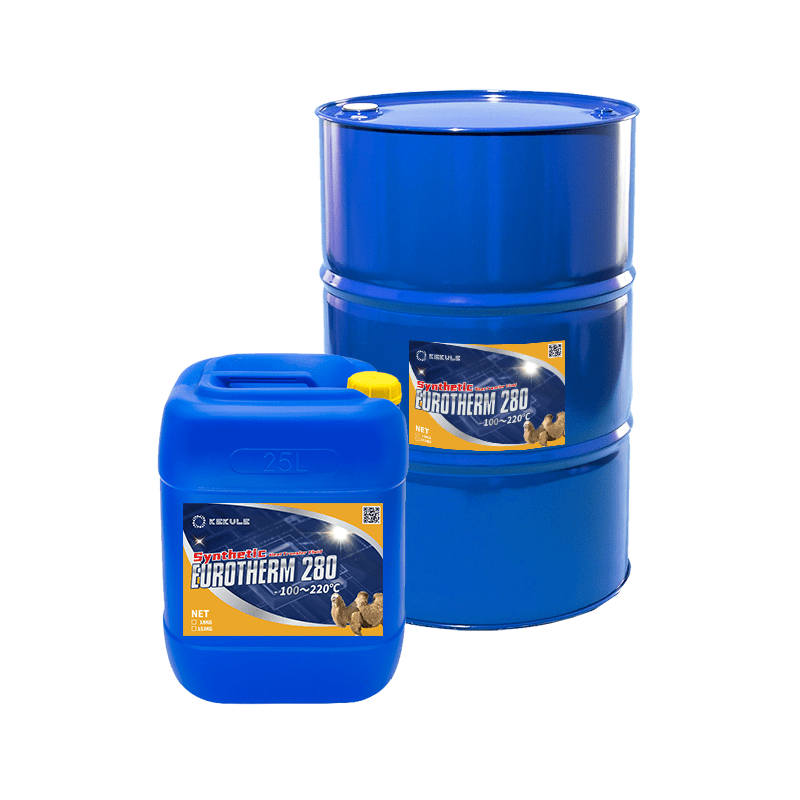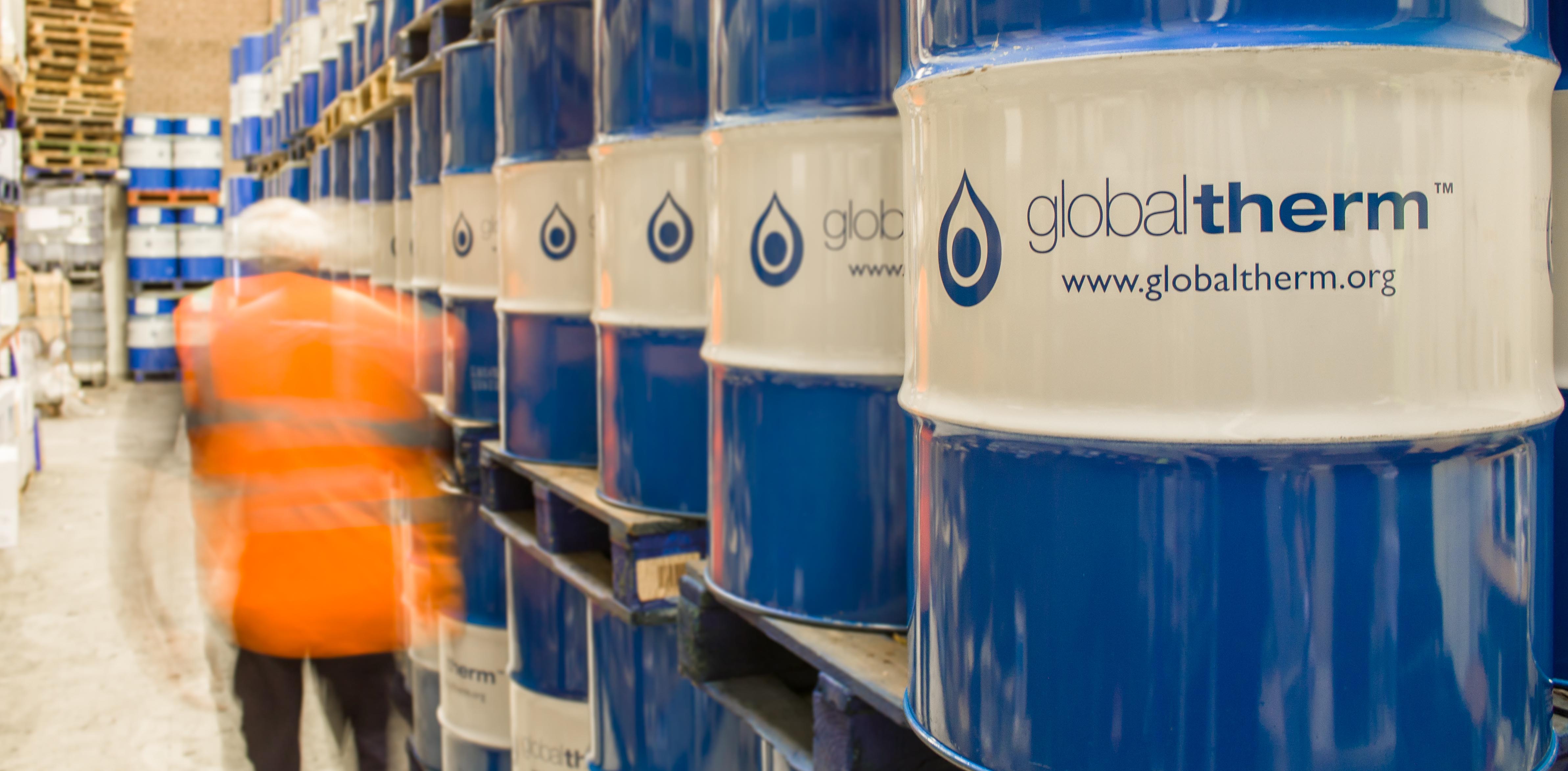Why Propylene Glycol is a Top Choice for Safe Heat Transfer Fluid
Why Propylene Glycol is a Top Choice for Safe Heat Transfer Fluid
Blog Article
Why Selecting the Right Heat Transfer Fluid Is Critical for Optimal System Performance
Picking a suitable warmth transfer fluid is an essential choice that can considerably influence system efficiency and operational prices. As the implications of this option prolong much beyond prompt performance, understanding the subtleties of liquid selection ends up being essential for anybody looking to accomplish optimal system effectiveness.
Relevance of Heat Transfer Fluids
What duty do heat transfer liquids play in commercial processes? Heat transfer fluids are important for the effective transfer of thermal energy within various industrial systems.
The choice of heat transfer fluid can considerably impact energy devices, effectiveness, and safety long life. Liquids need to can holding up against heats and stress without weakening, in addition to exhibition very little volatility and low poisoning. Their efficiency straight impacts not only the performance of the system but additionally its functional expenses.
Moreover, heat transfer liquids play a vital role in maintaining procedure control, guaranteeing that temperature variations are lessened. This is especially important in delicate applications such as drugs and petrochemicals, where accurate temperature administration is essential. On the whole, the importance of selecting the right warm transfer liquid can not be overstated, as it is essential to maximizing commercial procedures and enhancing general system efficiency.
Key Feature to Think About
When selecting a warm transfer fluid, which essential residential properties should be prioritized to guarantee optimum efficiency? First and leading, thermal conductivity is essential; a fluid with high thermal conductivity will successfully move heat, decreasing power loss. In addition, the particular heat capacity of the fluid is essential, as it figures out how much power the fluid can save and launch, influencing total system responsiveness.
Viscosity is an additional significant residential property to consider, as it affects the fluid's circulation qualities; reduced viscosity fluids are generally preferred for simpler flow and lowered pumping power. The fluid's temperature variety is similarly important; it must do efficiently within the operational temperatures of the system without breaking down or evaporating.
Chemical stability is necessary to protect against destruction in time, which can result in system inefficiencies and potential failures - propylene glycol. Additionally, compatibility with system products ought to not be forgotten to avoid rust or damages to components. Take into consideration the ecological effect and security account of the fluid, as laws and sustainability goals progressively affect liquid option. By prioritizing these essential properties, one can choose a warm transfer fluid that boosts system durability and reliability.

Effect On System Effectiveness
The option of heat transfer fluid directly influences system effectiveness, affecting both energy intake and functional performance. A liquid's thermal conductivity, viscosity, and heat capability play crucial duties in just how successfully it transfers warm within a system. Optimal fluid residential or commercial properties make sure that warmth is absorbed and dispersed efficiently, reducing energy losses and improving the total performance of the system.

In addition, the compatibility of the liquid with system materials can substantially affect performance. A fluid that creates deterioration or destruction can cause leakages and system failings, further diminishing effectiveness. In recap, the appropriate heat transfer Visit Your URL liquid not just makes the most of power effectiveness and lowers expenses but also boosts the reliability and long life of the system, making it a crucial factor to consider for designers and decision-makers in thermal administration applications.
Common Kinds Of Heat Transfer Fluids
A selection of warmth transfer liquids are generally used in thermal administration systems, each with unique residential or commercial properties matched to particular applications. Water is just one of one of the most extensively used warmth transfer fluids due to its high particular warm capability, inexpensive, and availability. Nevertheless, its cold point restricts its usage in low-temperature applications.
Thermal oils, typically originated from oil, are one more popular option, specifically in high-temperature systems. These fluids can run at raised temperature levels without vaporizing, making them excellent for commercial applications. They may have constraints worrying thermal stability.
Refrigerants, used primarily in cooling systems, have special thermodynamic residential or commercial properties that permit efficient warm transfer at low temperature levels. Their selection is vital to guarantee effectiveness and compliance with environmental regulations.

On top of that, stage change products (PCMs) are obtaining traction for their ability to take in and release significant quantities of warm throughout stage shifts, providing an one-of-a-kind service for thermal power storage space. Each fluid's certain characteristics must be evaluated for ideal performance.
Ideal Practices for Option
Picking the suitable warmth transfer liquid entails mindful factor to consider of numerous crucial elements that straighten with the certain requirements of the application. Assess the functional temperature level variety. The fluid should keep its residential properties and effectiveness throughout the desired temperature level range. Second, consider the fluid's thermal conductivity, which influences warmth transfer rates; greater thermal conductivity usually leads to improved performance.
Furthermore, assess the fluid's thickness, as it influences pumping energy and overall system efficiency. Reduced thickness liquids typically reduce power consumption during flow. Compatibility with system products is another crucial facet; make certain that the linked here liquid does not trigger corrosion or degradation of pipelines and elements.
Following, consider the fluid's stability and long life, particularly in high-temperature applications. A stable liquid minimizes upkeep and substitute prices. Environmental and safety regulations must lead your choice procedure, emphasizing environmentally pleasant and safe choices when possible.
Conclusion
In verdict, choosing the appropriate warmth transfer fluid look at this now is essential for attaining optimal system effectiveness. The best liquid boosts thermal conductivity, minimizes energy losses, and promotes tools longevity, inevitably leading to improved system reliability and efficiency.
Heat transfer fluids are essential for the reliable transfer of thermal energy within different commercial systems. Additionally, the specific warm capability of the liquid is vital, as it establishes just how much energy the liquid can store and release, affecting total system responsiveness.
Take into consideration the environmental impact and security profile of the liquid, as guidelines and sustainability objectives increasingly affect liquid selection - dielectric cooling fluid. A fluid's thermal conductivity, thickness, and warm ability play essential roles in how effectively it transfers heat within a system. Water is one of the most extensively made use of heat transfer liquids due to its high certain warm capacity, low price, and schedule
Report this page